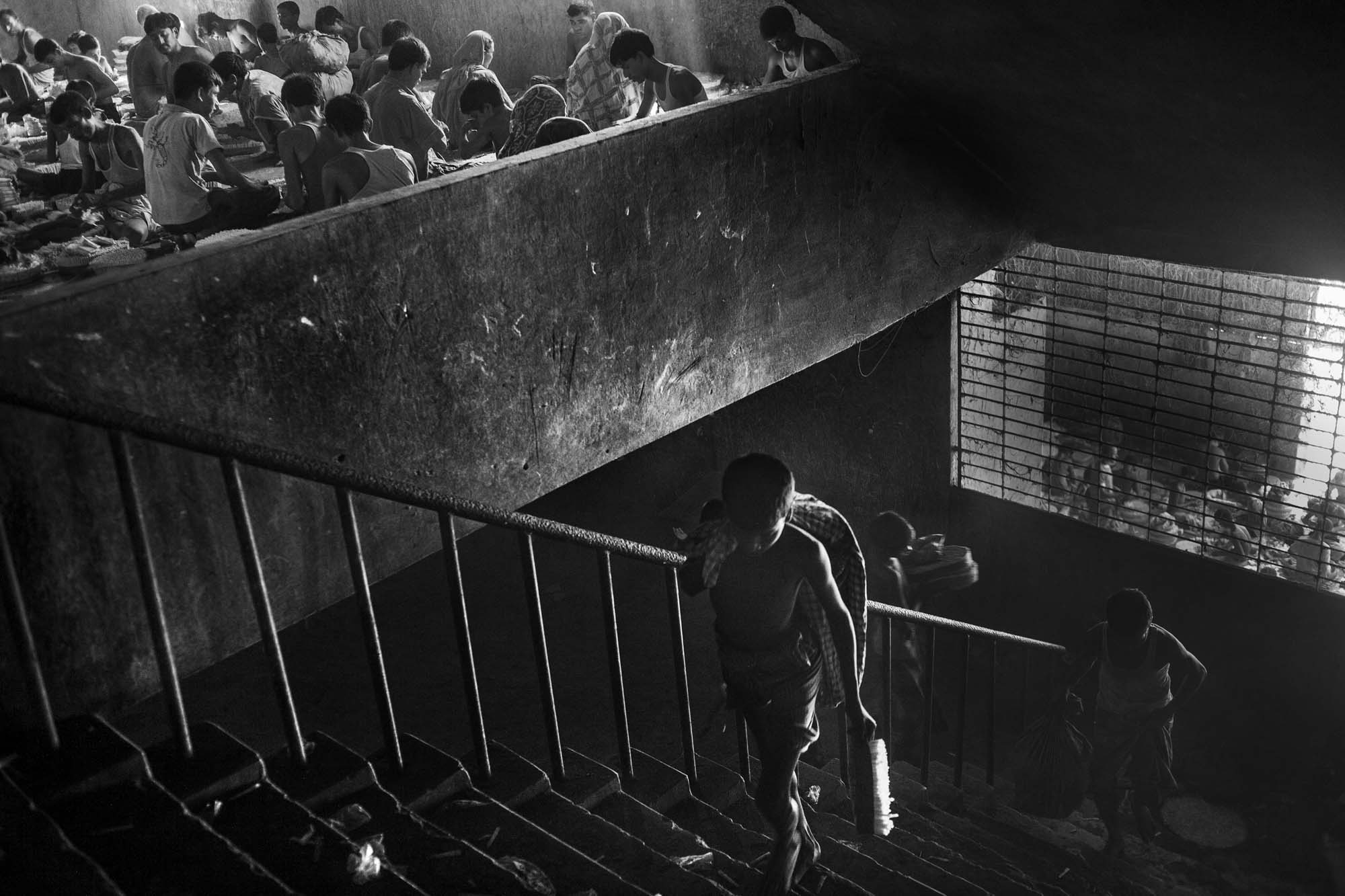
About a year after Sayed Asif Mahmud began hanging around Bangladesh’s bidi factories to document those who make the hand-rolled cigarettes with low-grade tobacco, a cheap and popular alternative for pre-packaged ones across southeast Asia, he stopped. “I’m always in a dilemma with whether I’m the right person to tell someone else’s story,” he tells TIME. “Why am I doing this? For me or for them?”
That was in late 2008, as he was finishing his third year of business school and starting lessons at the Pathshala South Asian Media Institute in Dhaka. Looking for a story, he began to regularly visit factories around Rangpur, his hometown in the north where tobacco is largely grown. But Asif, now 28, was neither thrilled with his pictures, nor drawn to go deeper, and chose to prioritize personal projects. After being asked by workers why he stopped visiting without his camera, though, he returned to the story in September 2010 and pledged to shoot in the way he’d done with past personal work—suggestive rather than literal.
A number of reports have detailed the hazards of bidi factories—workers have little or no protection against toxic chemicals and dust from the tobacco—and highlighted that smoking bidis is associated with chronic bronchitis, emphysema and certain cancers. The Global Adult Tobacco Survey found in 2009 that of the 23 percent of people in Bangladesh who were 15 or older and smoked tobacco—about 22 million people—half were smoking bidis, at an average of seven per day. That was especially the case in the remote north—13.5 percent compared with 4.7 percent in urban areas—where many of the factories are concentrated.
Asif spent most of his time in the north but also visited the south to look at the impact of deforestation (trees are chopped down and used as firewood for kilns in the tobacco curing process). He photographed the workers who stripped off the leaves and dried them in the sun. He documented the clay huts that housed kilns before they were sold to factory owners. And he visited the crowded, poorly ventilated facilities where the leaves were thrashed into pieces tiny enough to roll and tie by hand.
“They have signs outside the factories that say we don’t have child labor, but inside it’s a different thing,” Asif says. Children usually roll the papers at home and fill them in the factories, then tie them that night and submit them the next day, he adds. One report by Bangladesh’s statistics bureau found that workers are usually drawn in by poverty and a lack of other opportunities in their area.
In July 2012, three workers died after security personnel fired on a large crowd outside an Akij Bidi factory in Kushtia during a protest for barely higher wages. The International Trade Union Confederation sent a letter to the prime minister, but the deaths barely dented the news cycle, as these workhouses are often the only viable employment in some regions and bidi use is so widespread. “You can’t close the factories,” Asif explains. “They’ll just die.”
Asif considers the NPPA-honored project, named ‘Tobacco Tale,’ half-completed and plans to shift from the production side toward consumerism. He wants to show how ads and movies—”where the heroes smoke”—attract the younger generations despite the health risks and warnings.
His subjects hold the photographer in high esteem, telling him these images could prompt their bosses to improve conditions or pay. That’s unlikely, Asif, says: “I don’t think photography can change everything. I’m not that kind of dreamer.” But, he admits, “I see that you can make an impact on public consciousness.”
Sayed Asif Mahmud is a Dhaka-based documentary photographer and tutor at the Pathshala South Asian Media Institute. Follow him on Twitter @sayedasifmahmud
Andrew Katz is a homepage editor at TIME and reporter covering international affairs. Follow him on Twitter @katz
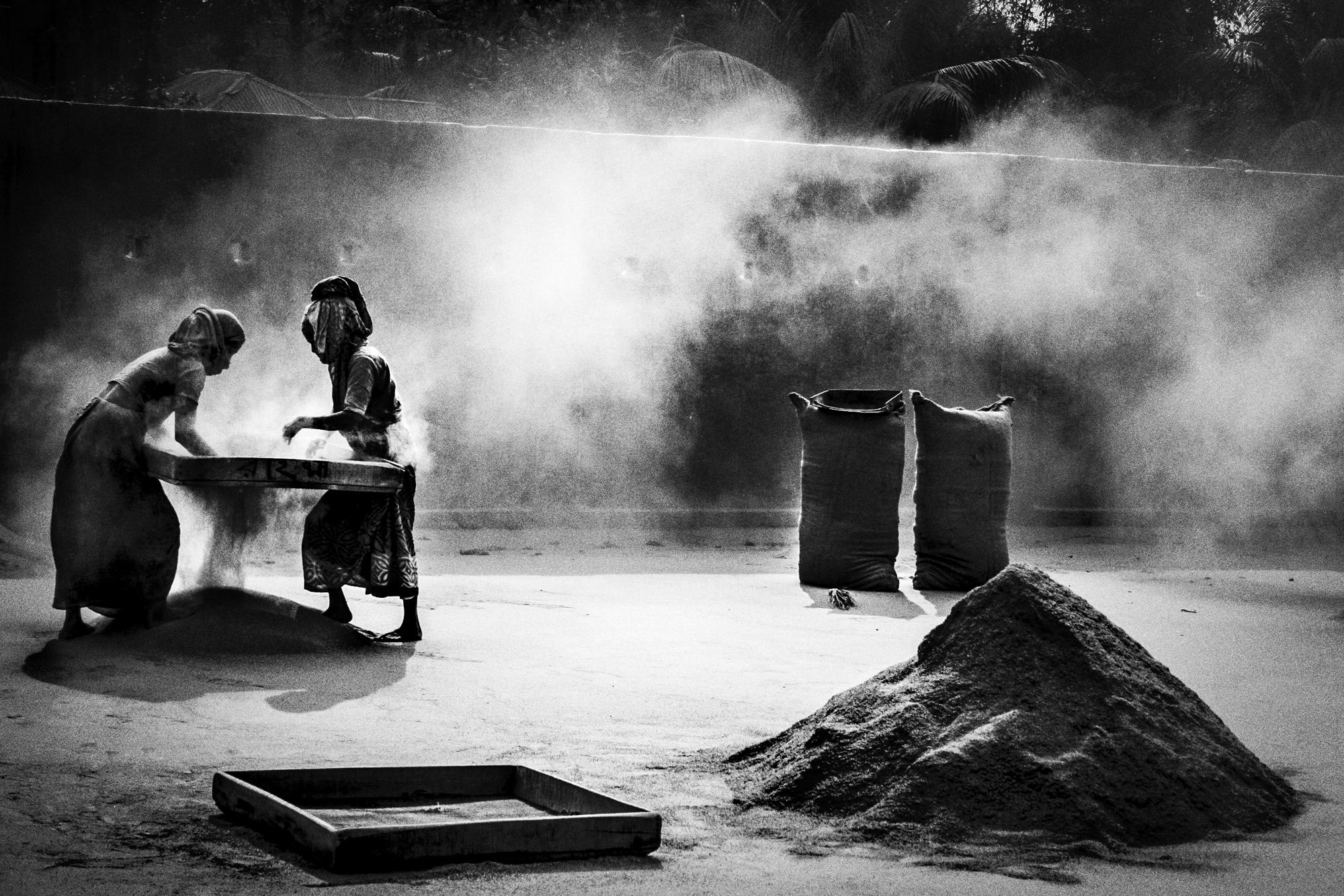
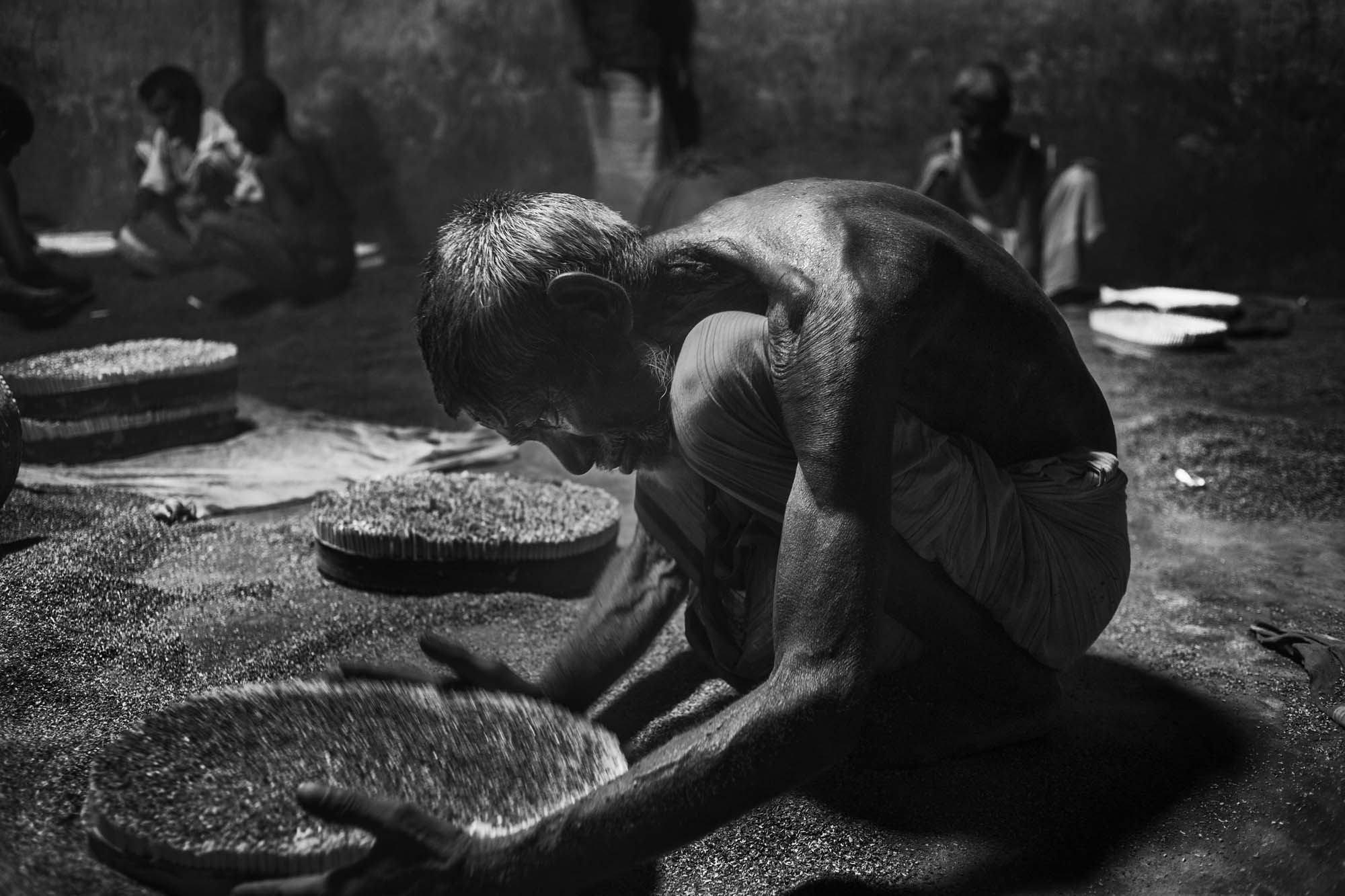
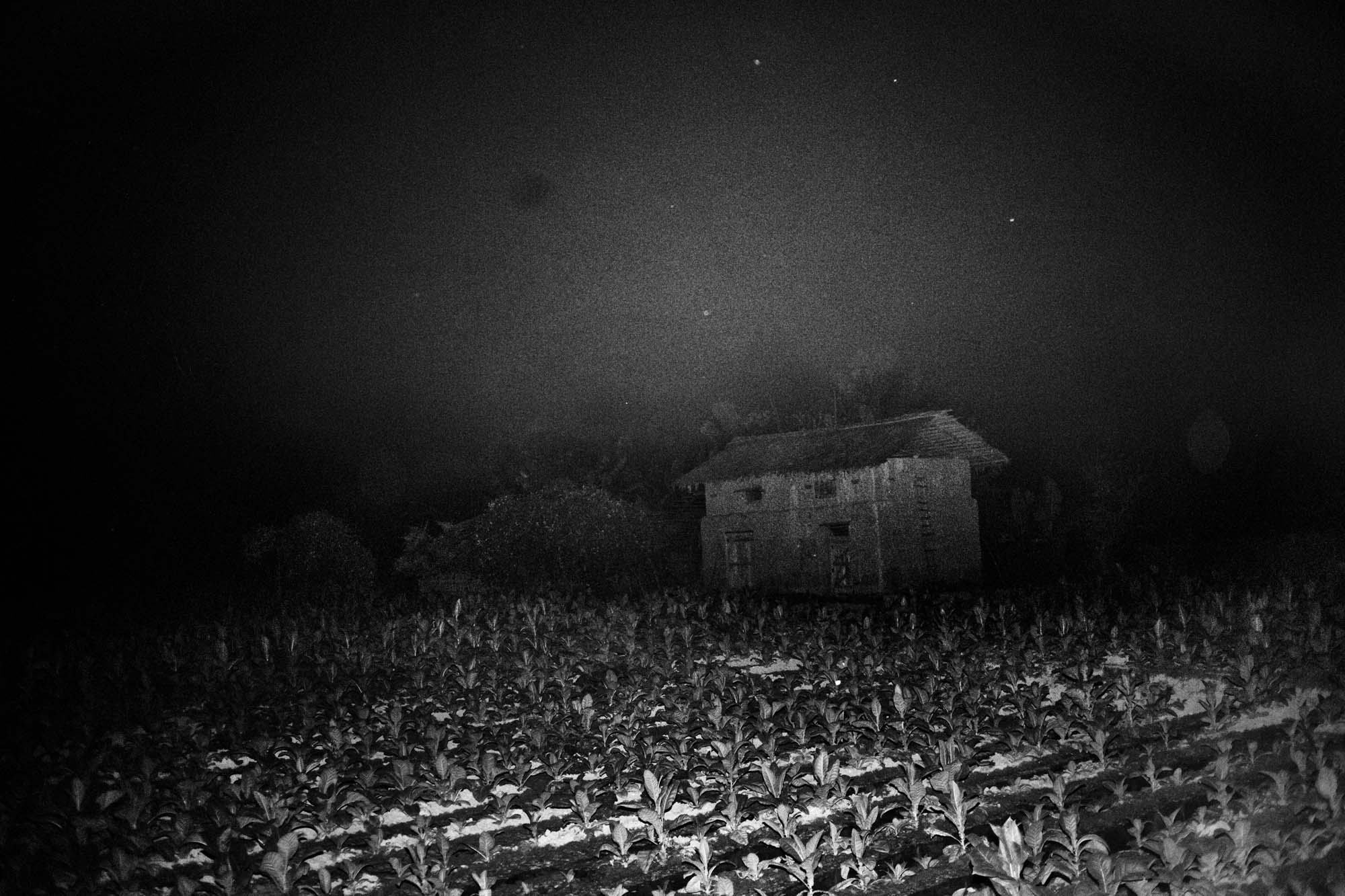
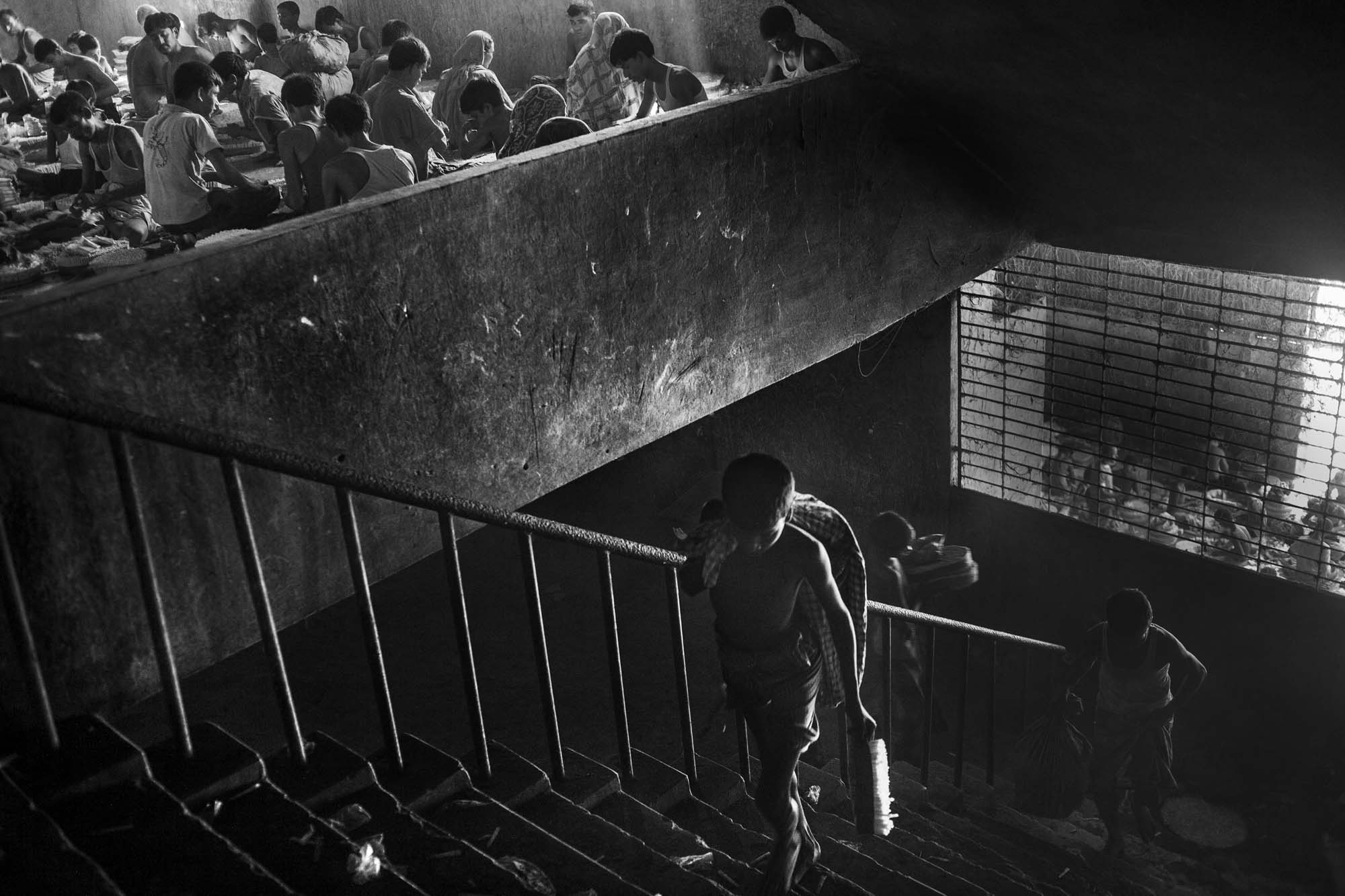
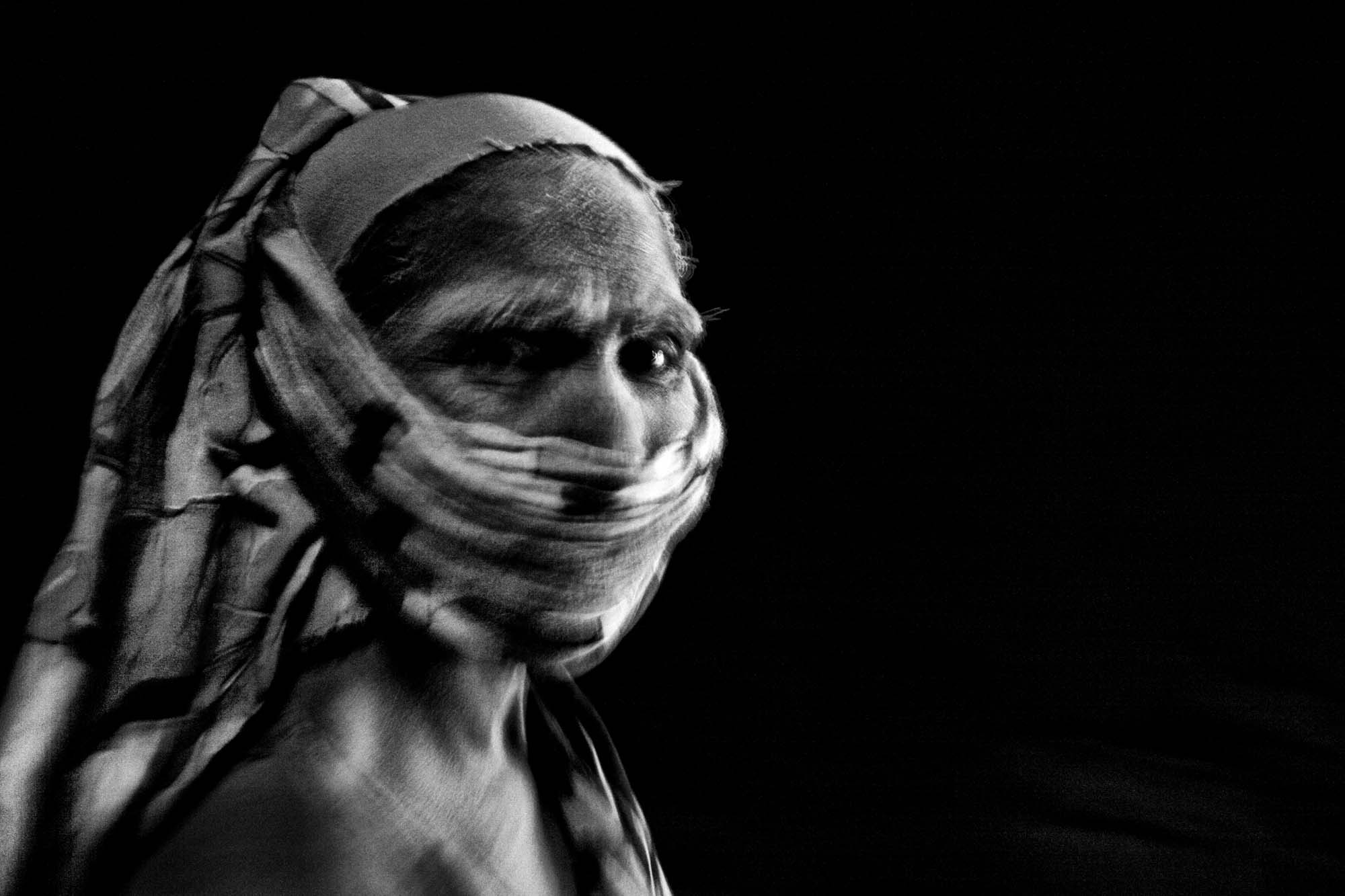
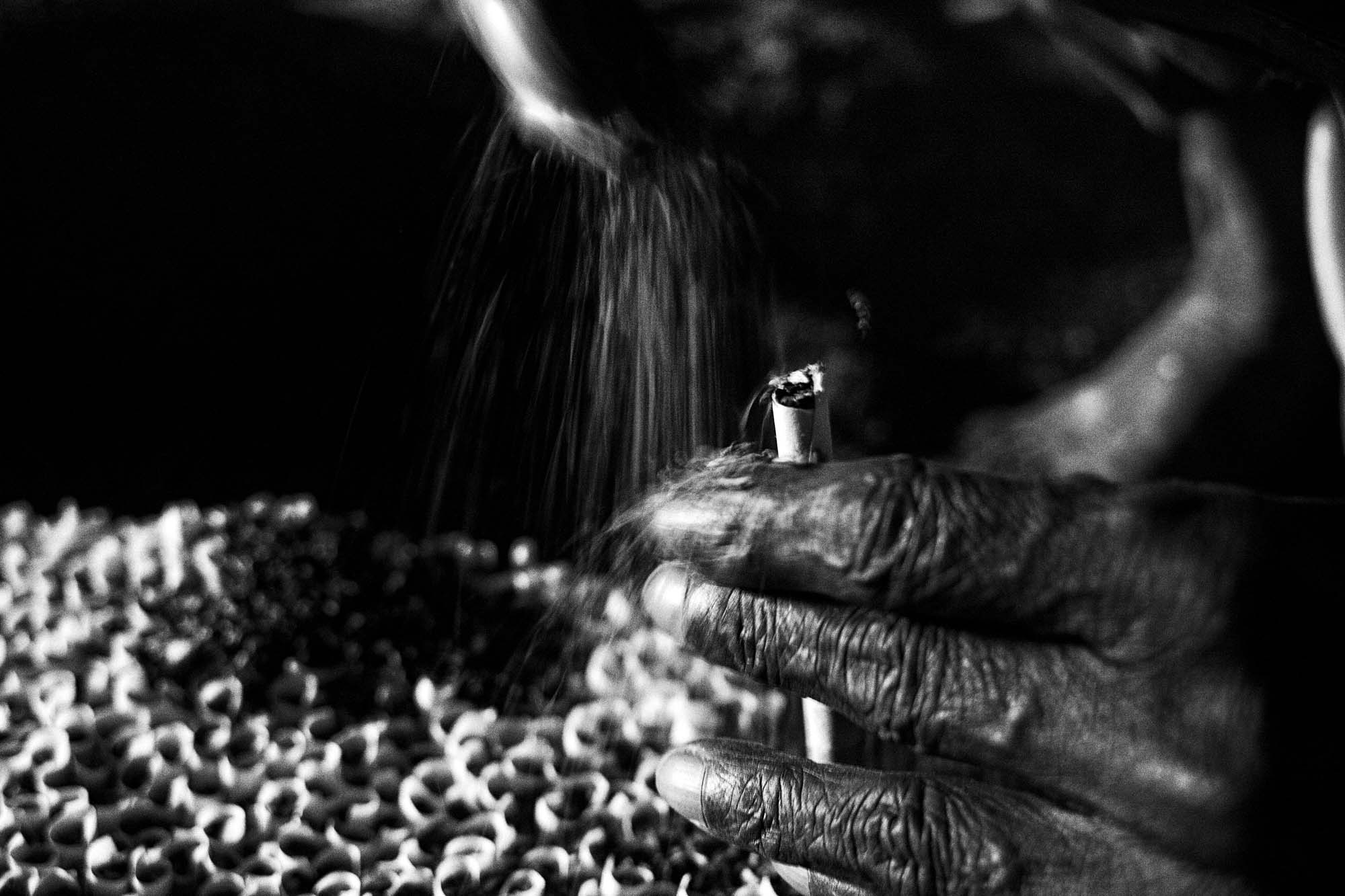
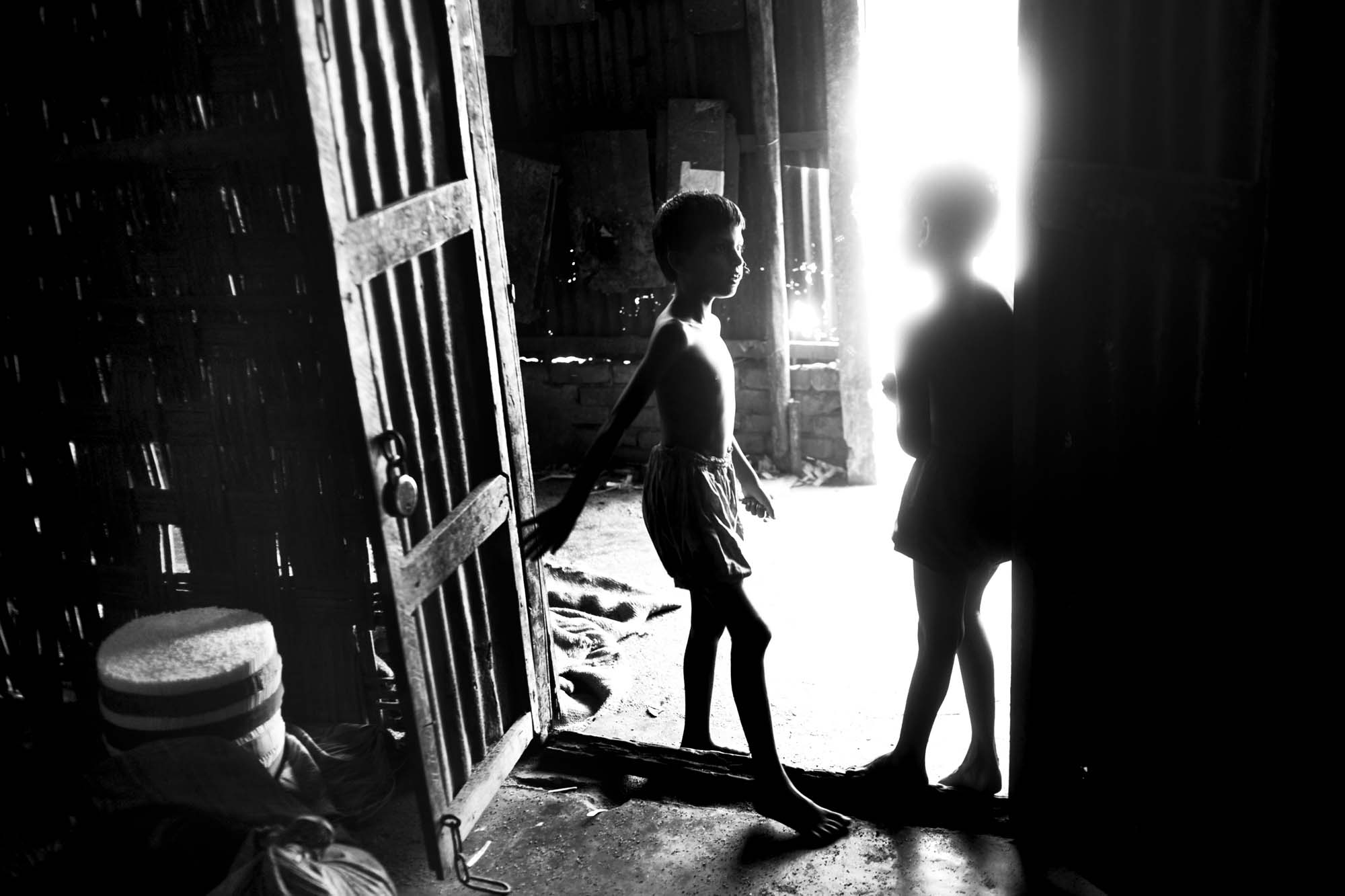
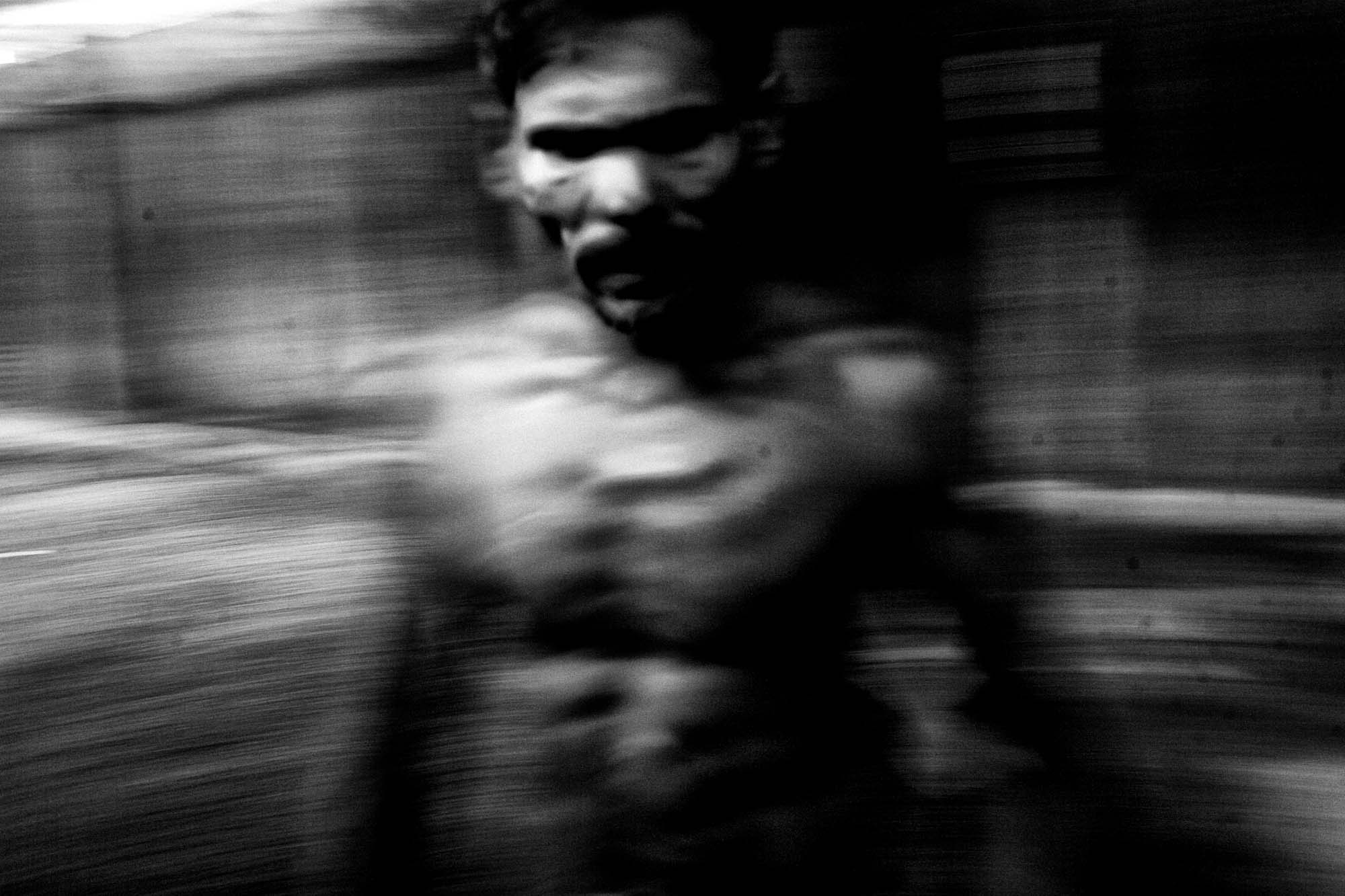
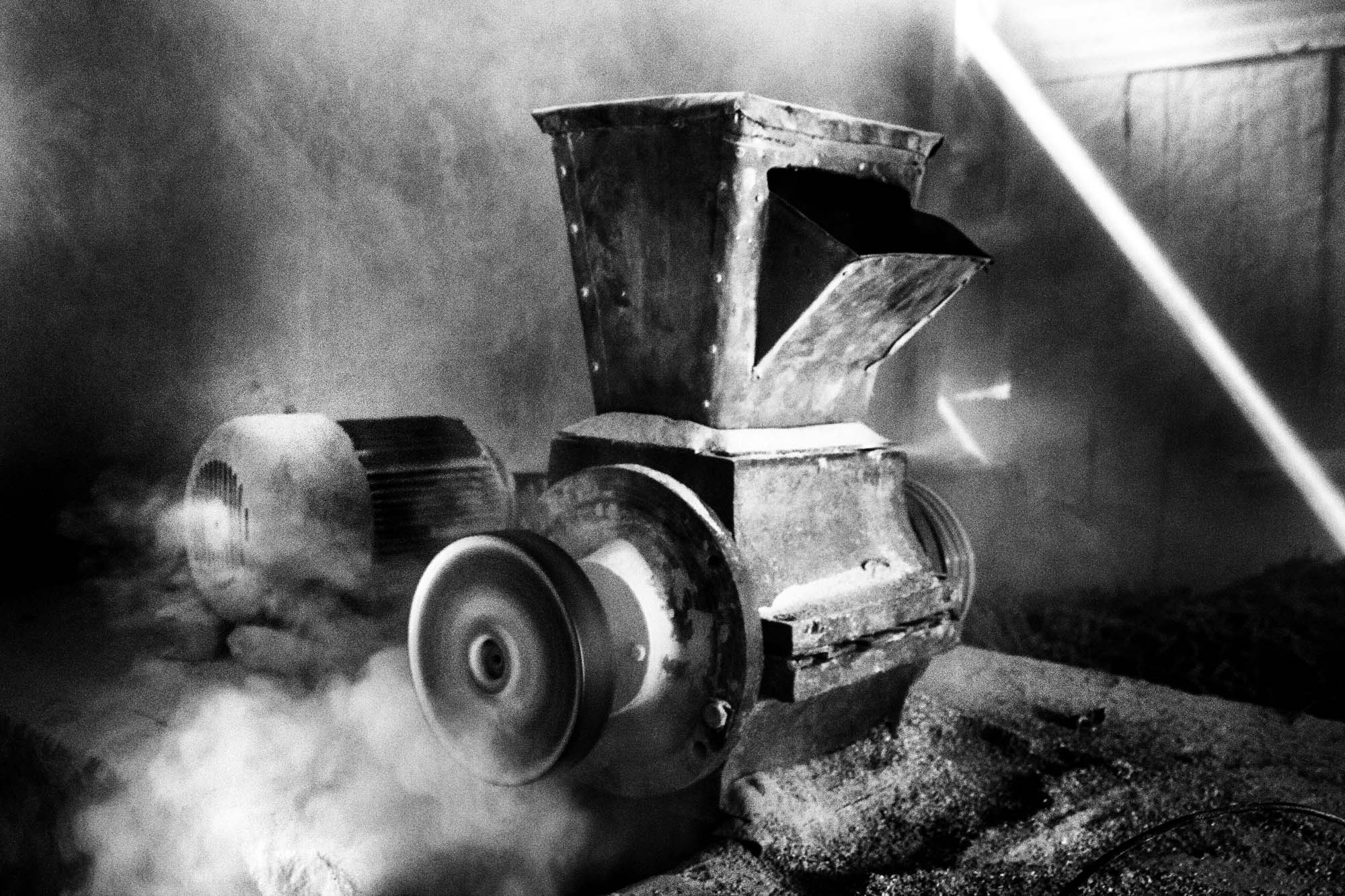
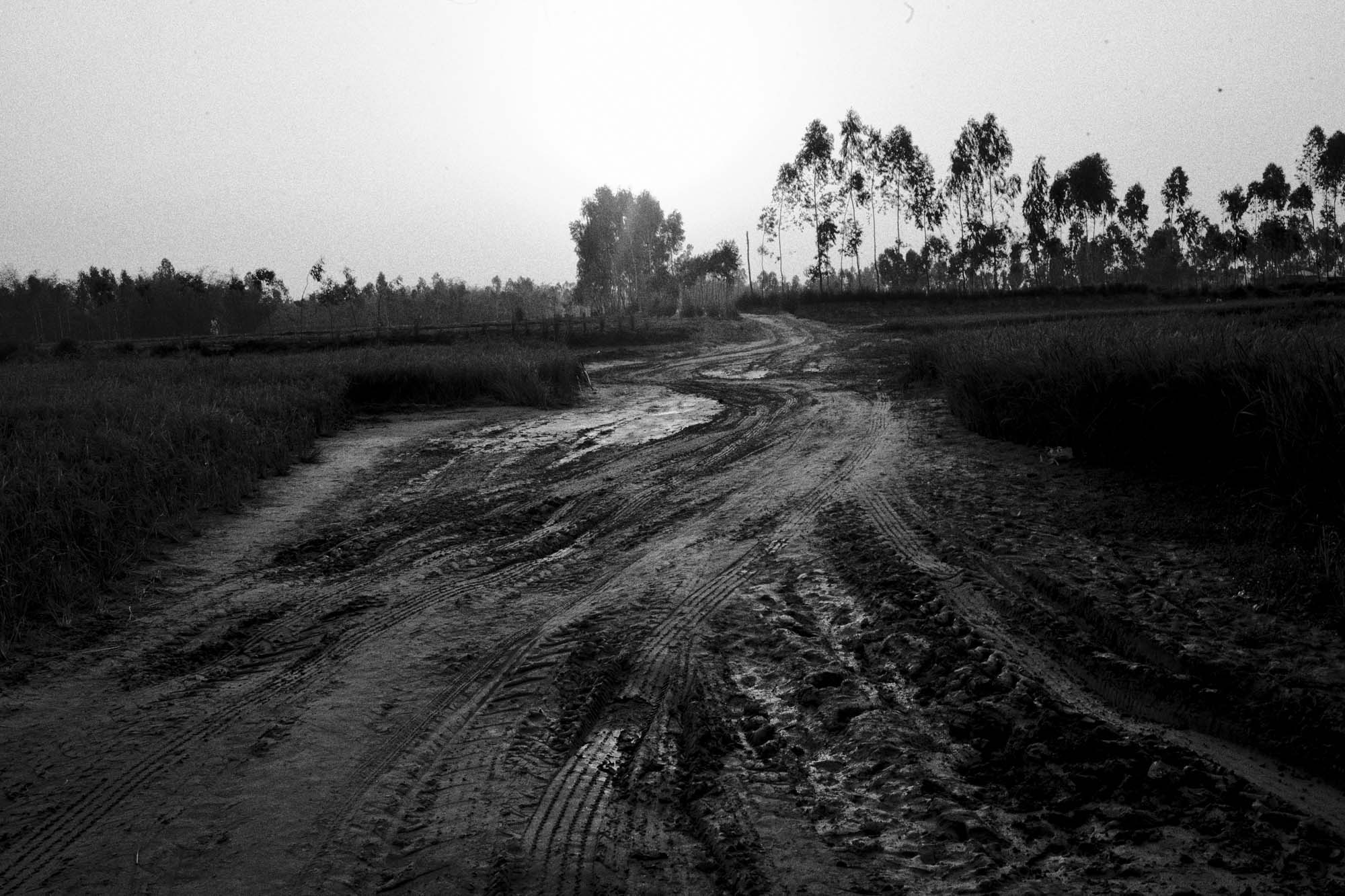
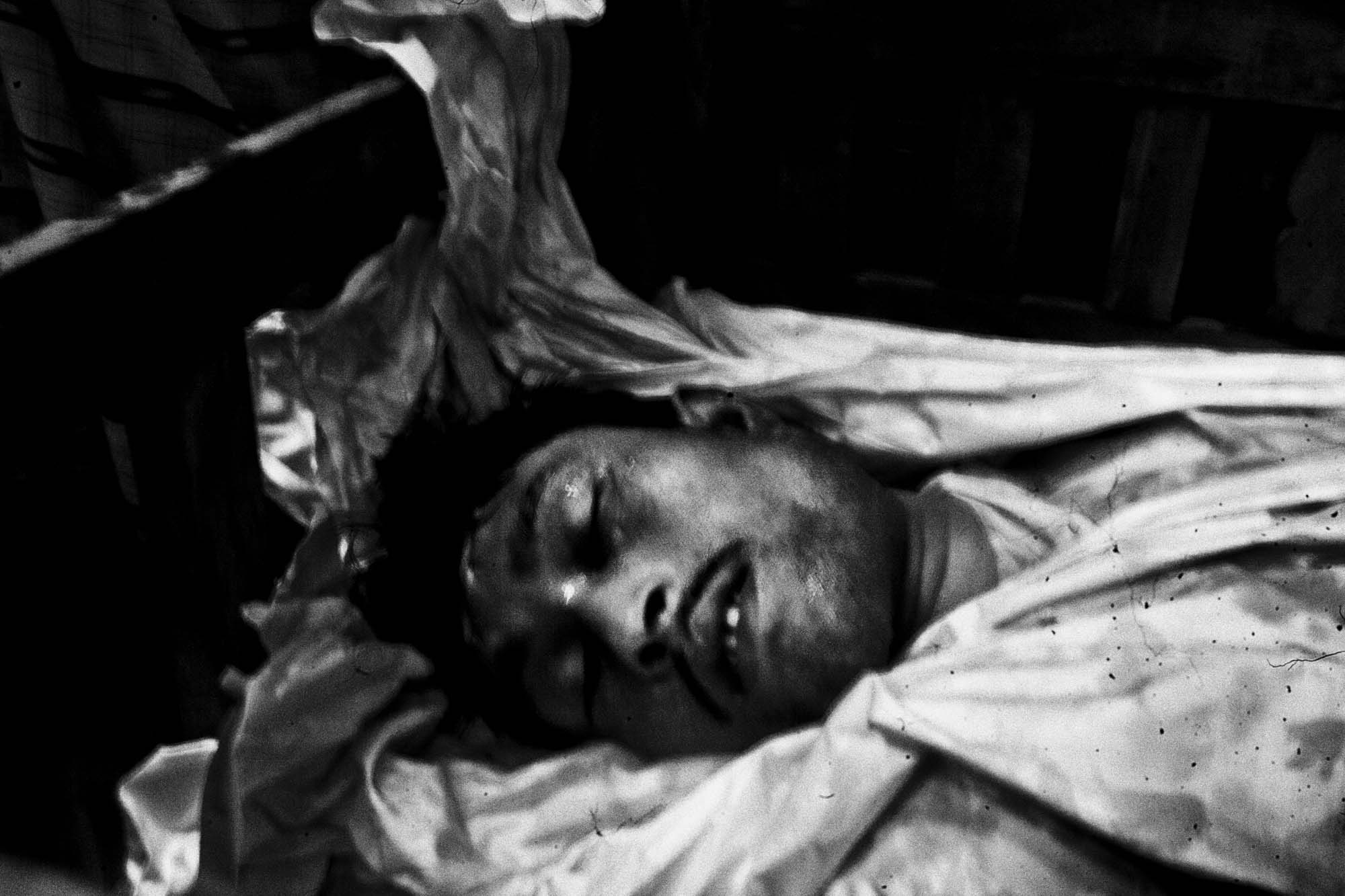
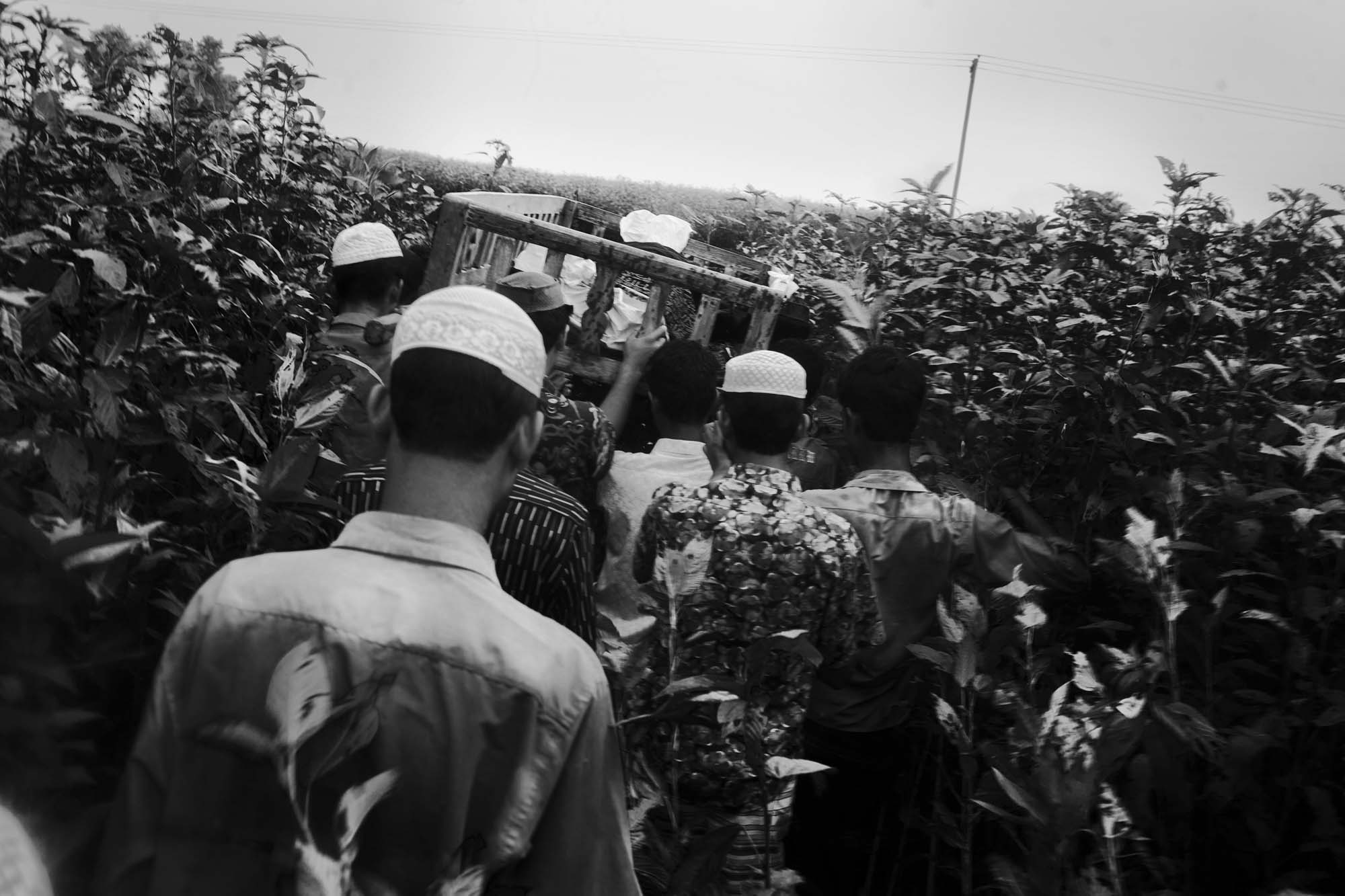
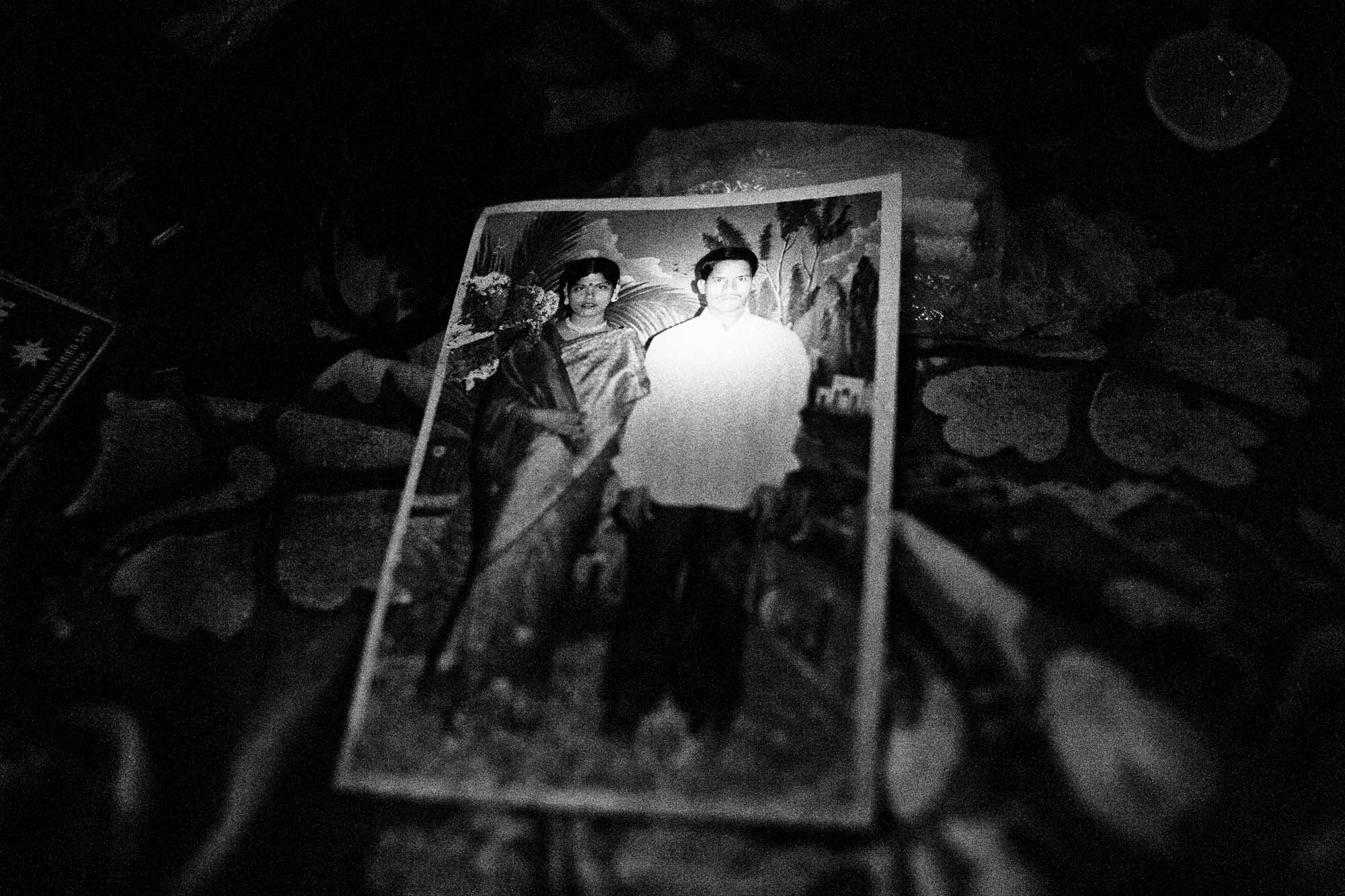
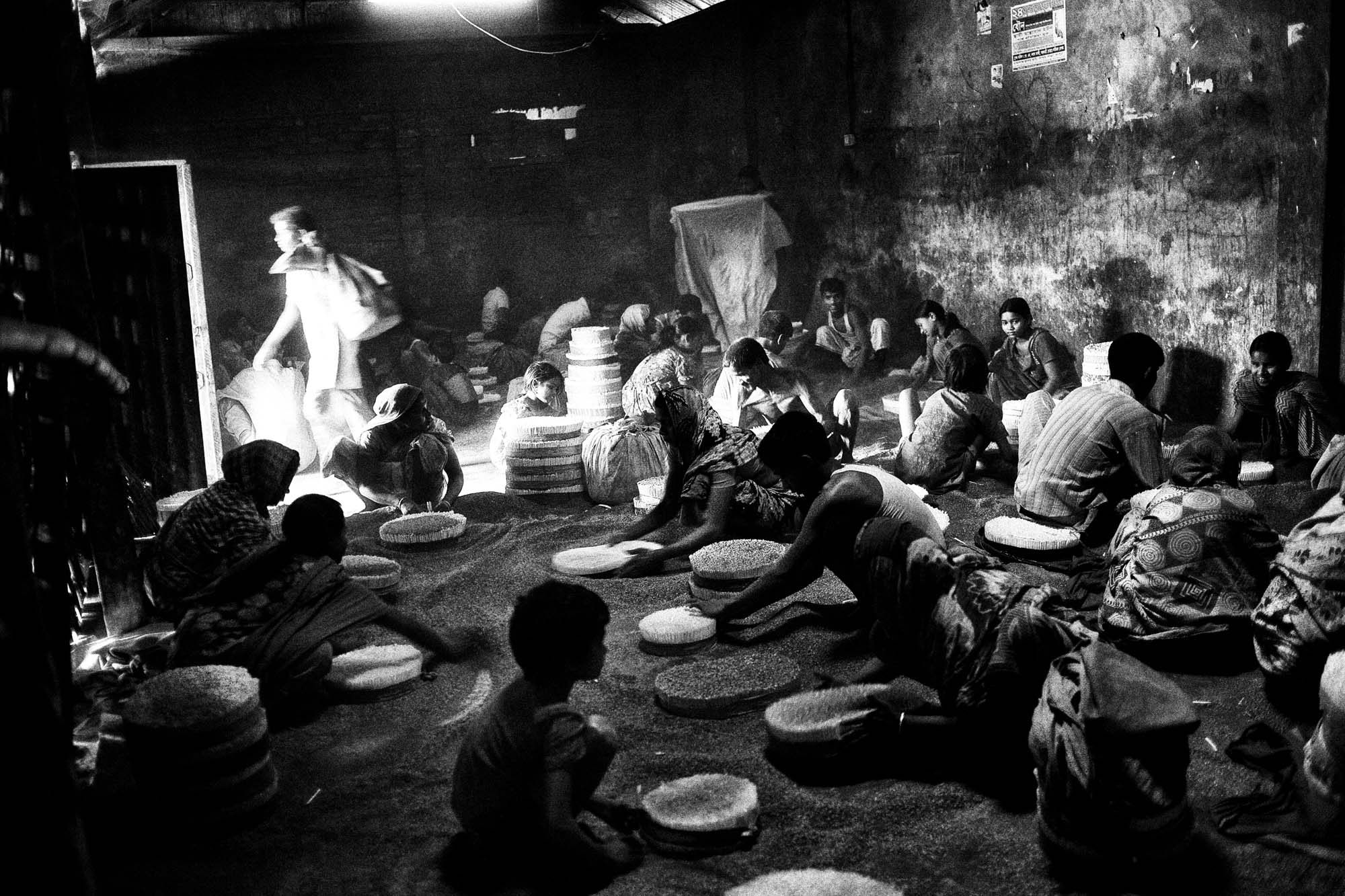
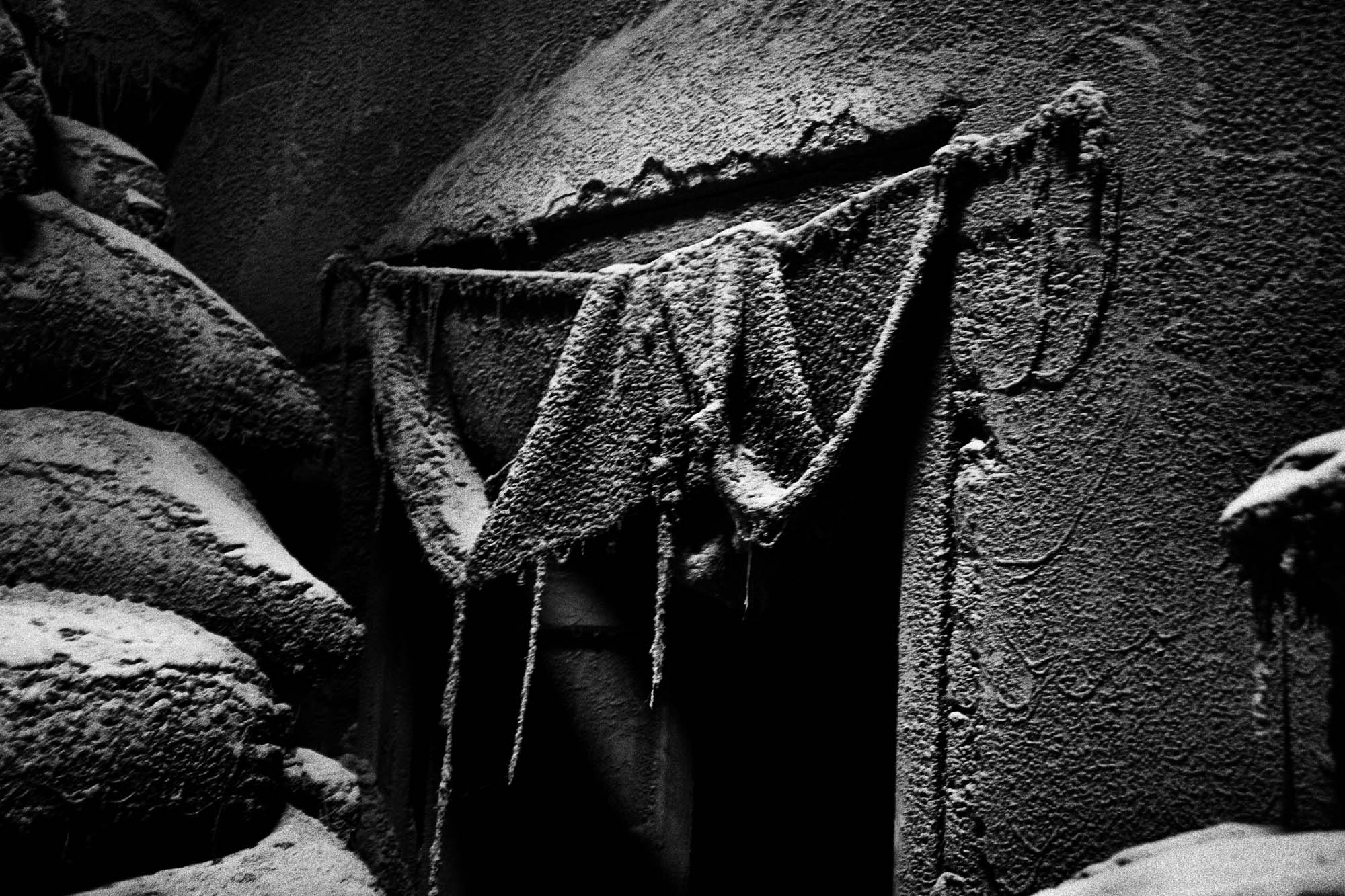
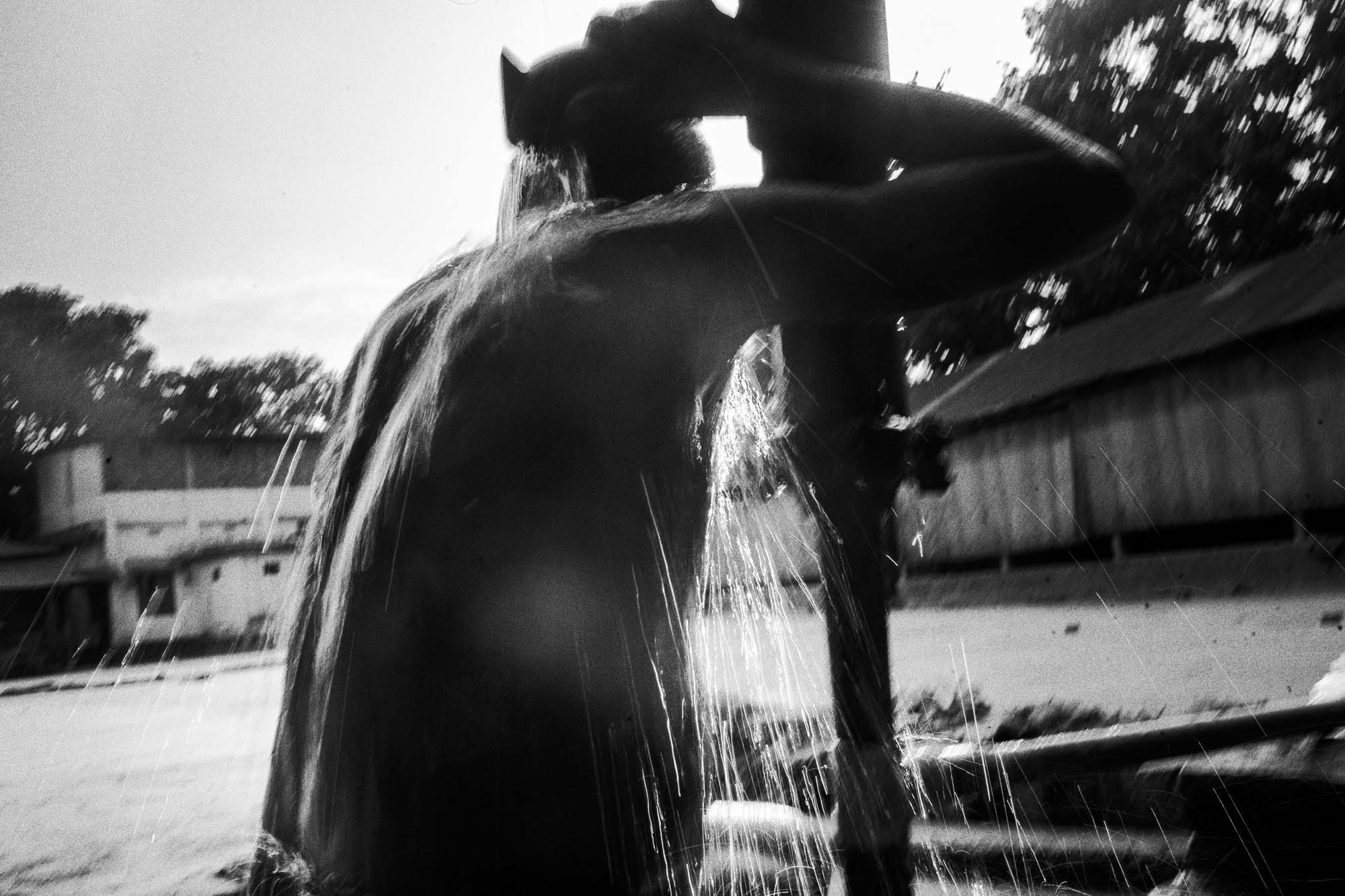
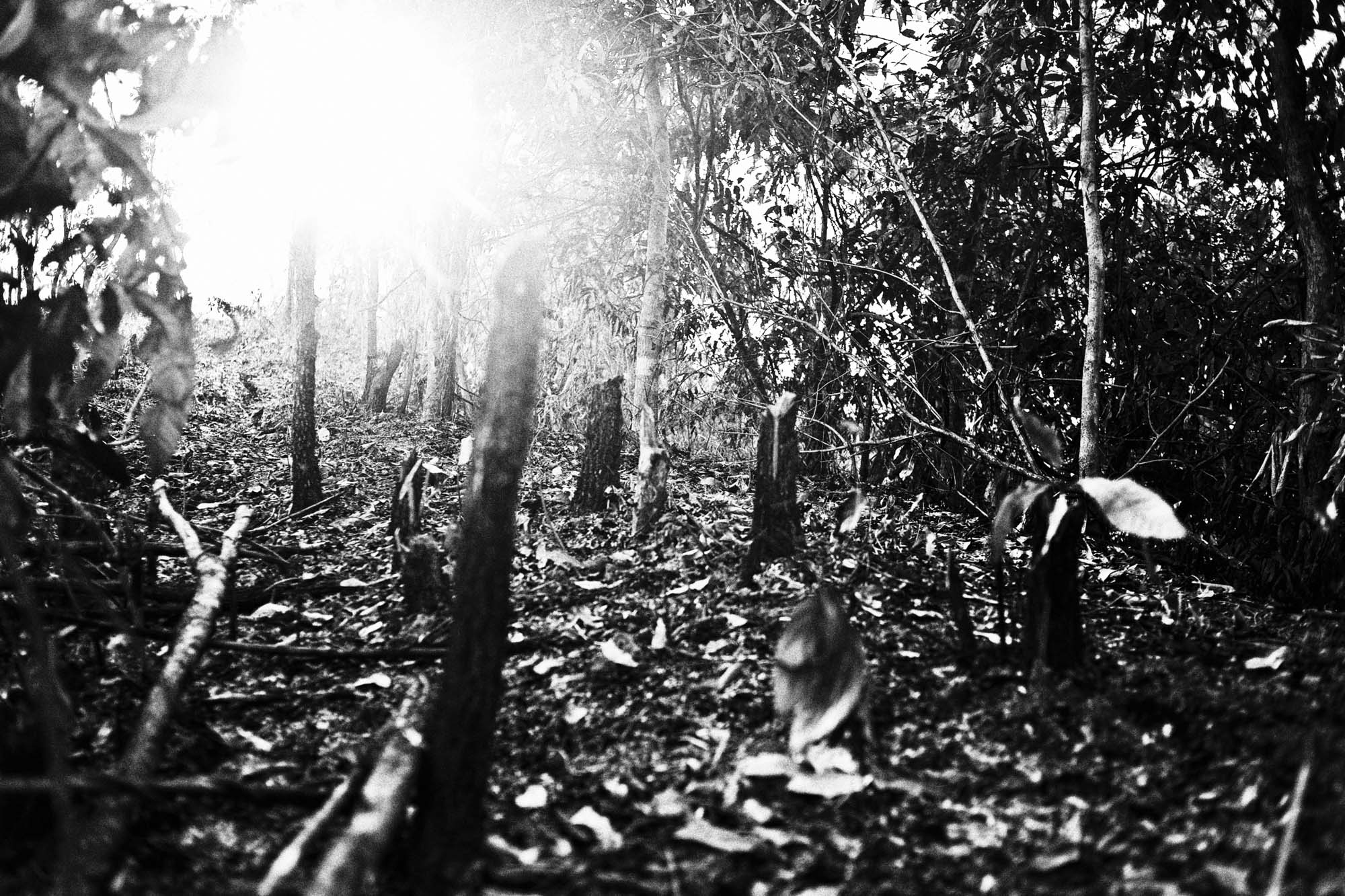
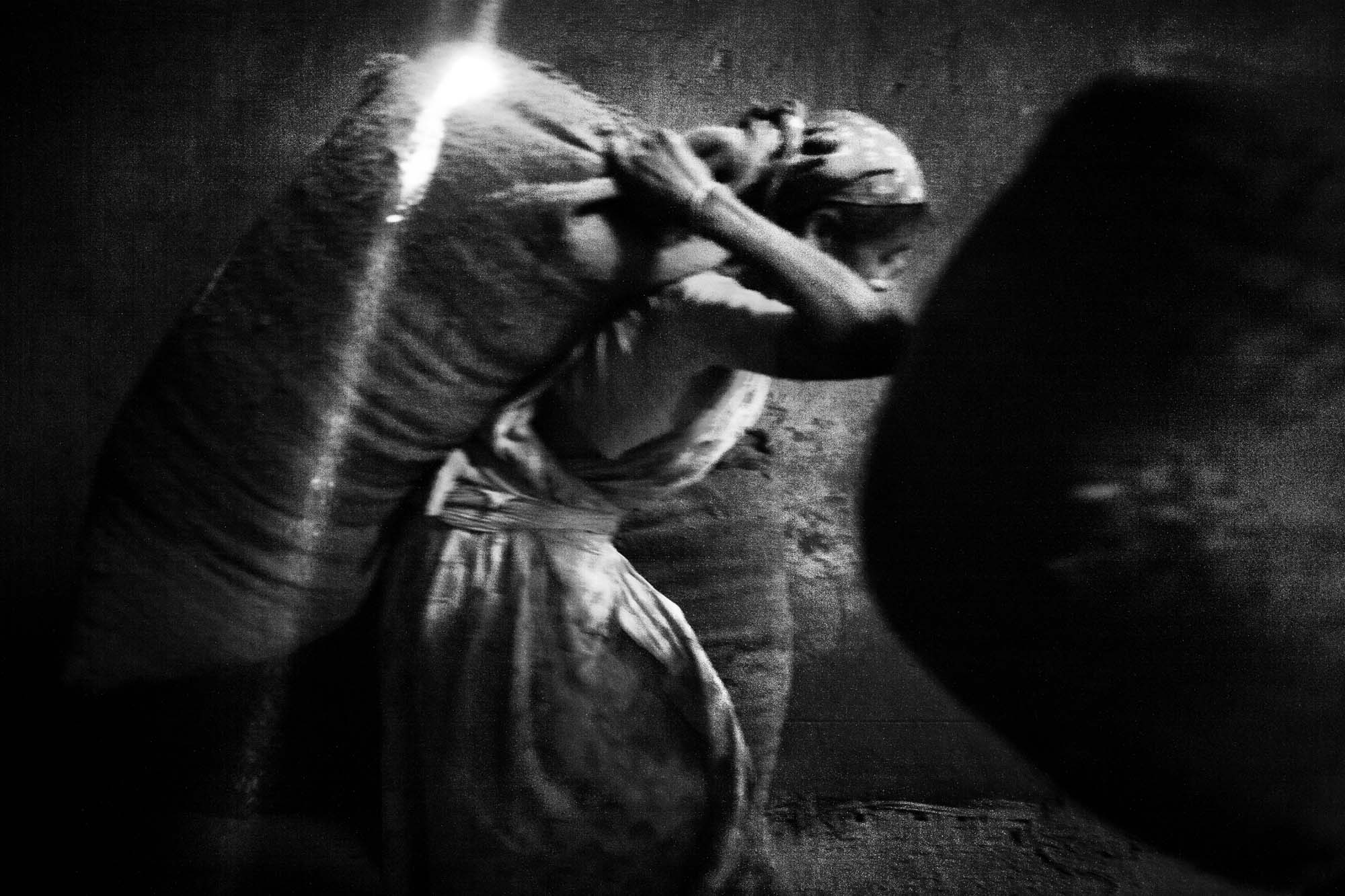
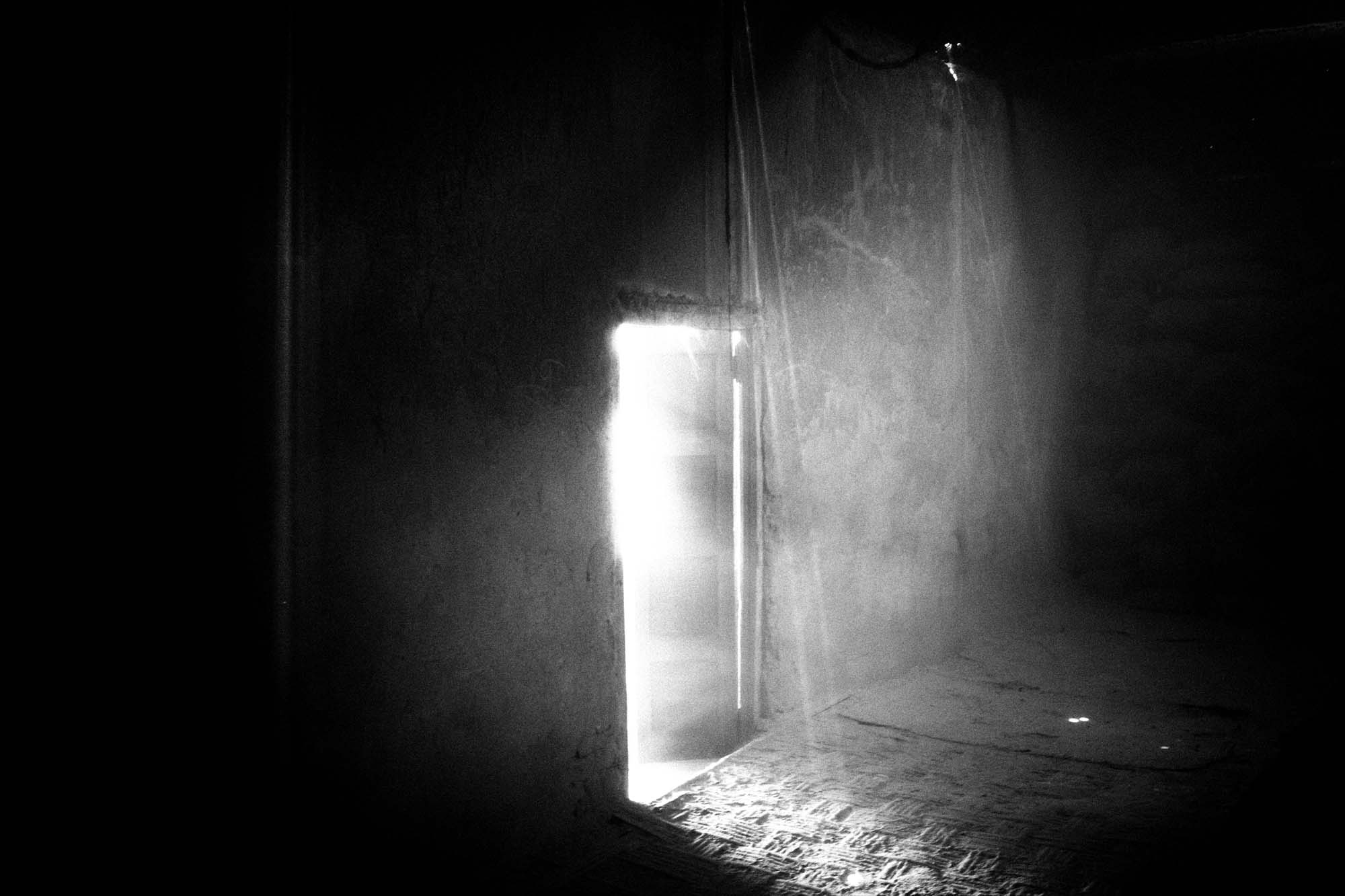
More Must-Reads from TIME
- Cybersecurity Experts Are Sounding the Alarm on DOGE
- Meet the 2025 Women of the Year
- The Harsh Truth About Disability Inclusion
- Why Do More Young Adults Have Cancer?
- Colman Domingo Leads With Radical Love
- How to Get Better at Doing Things Alone
- Michelle Zauner Stares Down the Darkness
Contact us at letters@time.com